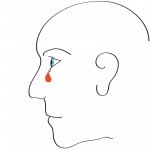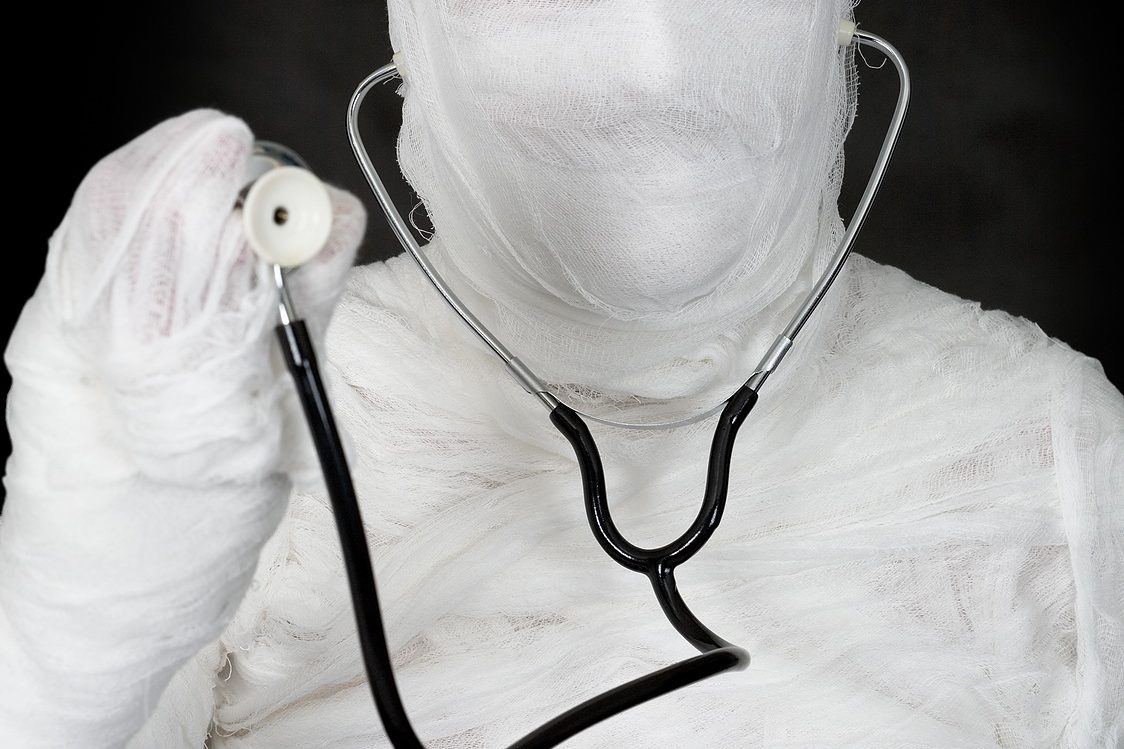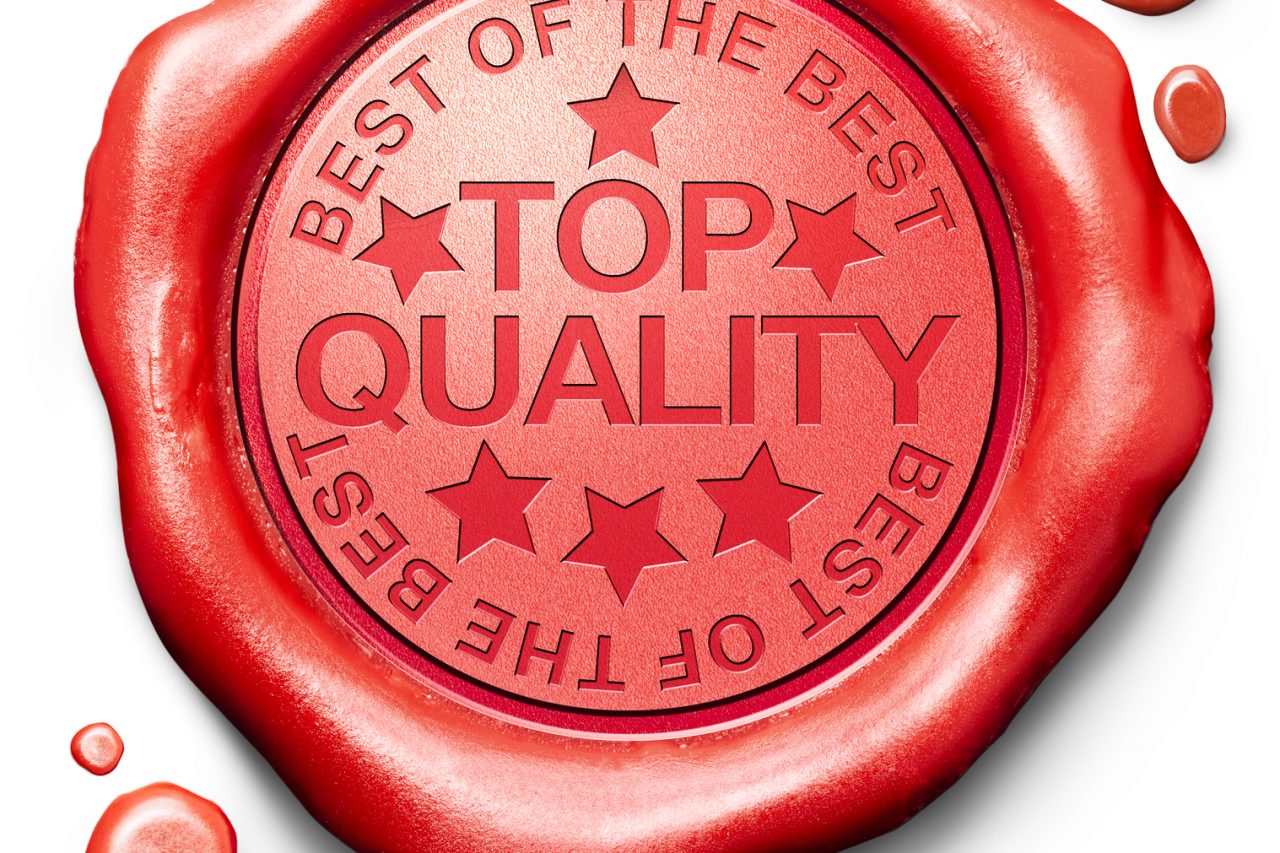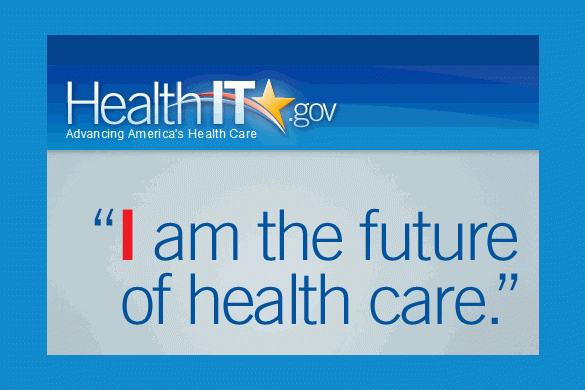Carrie is a 72-year-old retired real estate agent, with a high school education. She raised three kids, but they do not talk to her anymore. Since her husband died, Carrie has lived alone. A melanoma was removed from her right shoulder 2 years ago. In my office, we stare at the CT scan display of a mass in her right lung.
“What does that mean?”
“Well, we wouldn’t know for sure until we look under the microscope, but it has the appearance of cancer.”
“What kind of cancer?”
“It could be from the melanoma or it might be a new cancer of the lung itself.”
A telephone rings somewhere down the hall. Carrie looks at the floor.
“What’s next? What do I do now?”
“There are two choices. We can do a needle biopsy back in the CT scanner or we can have a surgeon remove it.”
“Which should I do? Which one is best?”
“It’s up to you.”
“I’m sorry … I don’t understand.”
“It is your body. You have to decide.”
Does this conversation anger you? It really bothers me. It makes my blood boil. However, ever since the doctor was knocked of his pedestal, this sort of disconnected and almost callous exchange has become more common.
For centuries medical paternalism … i.e. “father knows best,” was at the core of the physician – patient relationship. The doctor understands all, has seen all and therefore has the burden and responsibility to make all health decisions. The patient is ignorant and emotional, and therefore unable to cope with a frank discussion about medical decisions. Only occasionally would the physician inform the patient what was happening, and even more rarely would that information be honest and complete. The failing-flock followed the super-shepherd.
There has been a much-needed revolutionary change in the medical relationship. Motivated by a desire to control one’s fate, incentivized by physician arrogance and empowered by access to massive amounts of e-data, patients demand an equal or controlling part in their health care. Unlike the doctor, the patient has to live with the consequences of medical events and therefore demands final say.
This shift in communication has resulted in more transparent and appropriate medical care. However, in trying to redistribute the burden of analysis and decision by opening discussion and sharing knowledge some of the time the balance has tipped precariously in the opposite direction. Like a parent who gives up hope of guiding an incorrigible teenager, doctors at times have heard the demand to stop being paternal as stop making recommendations at all. The buck stops with the patient and therefore it is the patient’s entire responsibility to decide.
Each day I hear from patients how a physician tasked them with making the final decision regarding a complex, vital and confusing therapy, often from a Chinese menu of alternatives, without any directed guidance or expert bias:
– Cardiac stents or bypass?
– Surgery, radiation, chemo or observation?
– Standard therapy (? which one) or research?
– Open, robotic, or laser?
– Watch and wait or operate?
– Dr. Smith, Dr. Jones or Dr. Phud?
– Lumpectomy or mastectomy with a flap, graft, expander or prosthesis?
– Proton beam or hospice?
Now, do not get me wrong. Choice is good and each patient’s right to make the final choice is paramount. However, taking the diametric position from paternalism, charging the patient with knowing all and knowing best, is a poor resolution. Whether it is a doctor who does not understand the dynamics of the modern medical relationship, or seeks to avoid medical-legal risk or simply is hesitant to state an opinion which might be wrong, it is still unfair to burden a frightened, sick and often confused patient and family with the need to “play doctor,” with their own lives. It is cruel to abandon the patient at the very moment they need support and professional perspective.
The physician as skilled advisor has significant advantages in making medical decisions. They have the education and understanding of the biology and research, and a more sophisticated view of medical controversies. They hold a long view, which is to say that they have seen it before. Finally, and critically, they can be impartial; it is hard to be objective when one’s life or health is uncertain.
The key for doctors is to understand that the information they offer is not commands, but rather guidance and teaching. They should be willing to say, “Well, your choices are A, B or C, but I would recommend B. But, whatever choice you make I will support you.” Physicians must avoid any hint of; “B, take it or leave it.” Educate, guide and support. It is a team sport and the patient owns the stadium.
The physician – patient relationship flows back and forth. Each has a vital role connected by communication, and trust. It is not the role of the physician to lecture as if to a small child. Equally, we should not burden the patient with medical intricacies beyond their ability to fully understand. This risks bad decisions, anxiety and guilt. The ideal relationship is balanced; the informed patient is supported at each turn. Two committed individuals working together, each playing an indispensible role, each listening and learning, working towards achieving the best care and outcome.







15 Comments